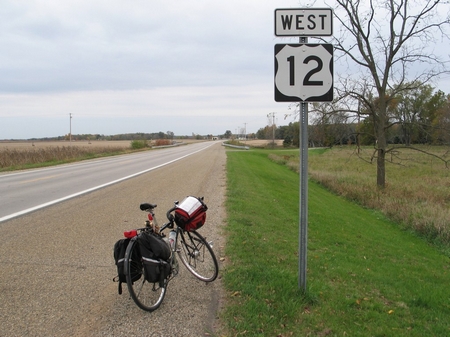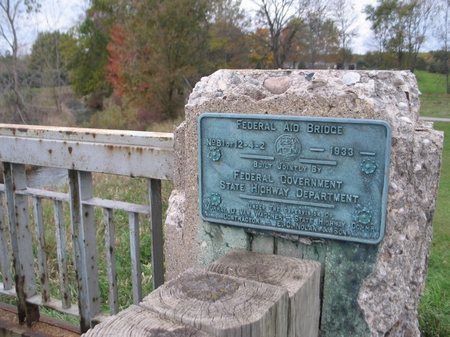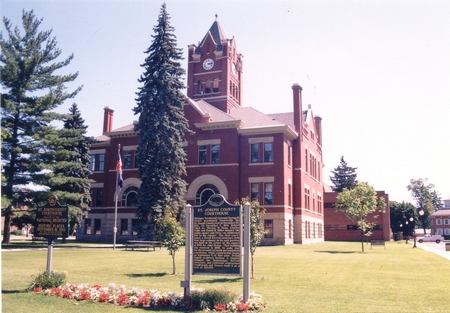(Also posted to my Spokesrider blog).
I’ve been reading a remarkable little book: “The Whiskey Rebellion” by William Hogeland (2006).
The reading is in preparation for a bicycle tour this summer to some of the sites of the Whiskey Rebellion in southwestern Pennsylvania.
What got me into this topic was the Hezekiah Wells family. Wells Hall on the campus of Michigan State University is named for him. Hezekiah Wells was important in MSU’s early history, in part for keeping MSU from being merely an adjunct of the University of Michigan. He was also a big supporter of Abraham Lincoln’s candidacy for the presidency and of the big Unity faction that won out in the early 1860s.
His father, Bezaleel Wells, was a big player in early Ohio history, and happened to intersect with the Black Hawk history I’m doing by making a trip to Michigan in 1832 to visit his sons. He was in the company of Bishop Philander Chase, founder of Kenyon College in Ohio, who had just left that institution under angry circumstances.

This photo is from an October 2005 bike ride. It’s on US-12 a few miles west of Bronson, Michigan (on Black Hawk’s old road). There’s nothing there now but what you see in the photo, but in 1832 there was a little settlement and mill. One of the writers of the county history remembered that Chase and Wells had come through. Chase made inquiries about land to buy. (He then started a seminary in Goshen Gilead Township, which later burned and was abandoned.) Wells continued on to Kalamazoo to visit his sons.
Bezaleel’s father had been a whiskey distiller in western Pennsylvania at the time of the Whiskey Rebellion. I’m not sure how active a participant he was in all the activities–maybe only a reluctant participant–but in any case it’s an interesting transition in three generations from an anti-unity rebellion to war for unity and centralization.
I happened to pick Hogeland’s book (along with a few others) because it was one easily available to me. The guy writes well and gives some points of view I had not considered before. I’m maybe 1/3 of the way into the book. While it has been fun to read, I have been wary, not sure whether he’s a leftwing populist (perhaps a crackpot populist) or a rightwing one. He certainly brings out a lot of points that cannot be comforting to either side.
One thing to learn, btw, is that those people who think a sales tax is a fair tax are the REAL crackpots. And those who think a sales tax (excise tax) is easy to collect need to learn a little history.
I finally decided I couldn’t wait. I’m not nearly finished with the book yet, but I needed to learn more about what others have said about the book. I did find a few things — the Amazon reviews, for example — but I found something even better: the author’s own explanation of his work.
It’s no wonder I wasn’t sure what he was. Here is a quote:
The Whiskey Rebellion does not offer perfect support for anyone’s current agenda; it shakes up much of what is widely assumed across the political spectrum about the founding period. When the dust settles, it offers new clarity. Though libertarians and socialists have long been virtually the only keepers of the Whiskey Rebellion flame, I now believe that living through the Rebellion will challenge not only consensus mainstream historians but also both left and libertarian students of American history.
Here’s where I found his statement: http://www.lewrockwell.com/orig7/hogeland1.html

And here is a closeup photo of that bridge on US-12. It gives a clue as to how the story of federal power and tax authority turned out. (You can click for a larger version of it.)


